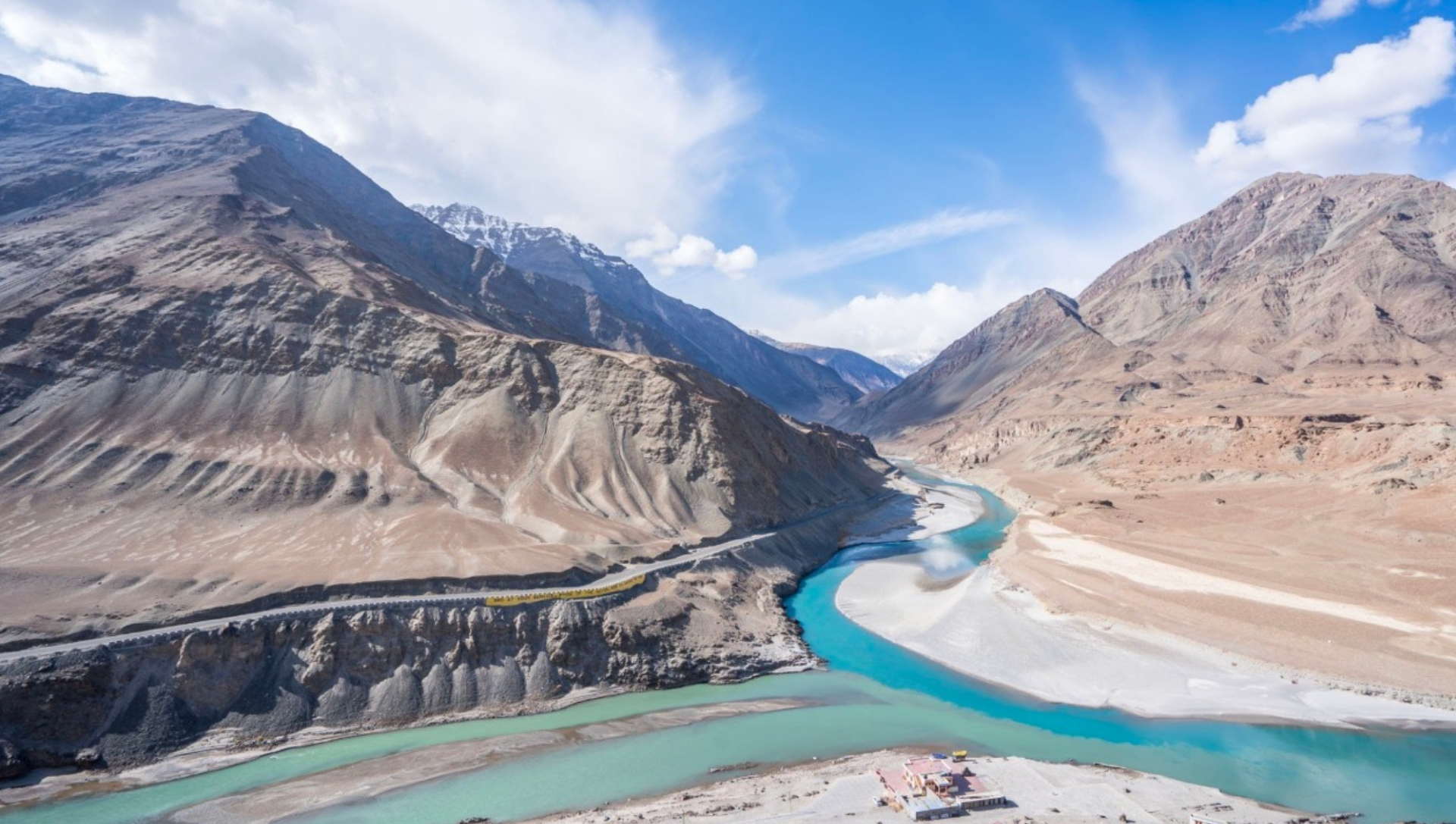NEW DELHI: A five-member contingent from Pakistan held the first session of the 118th round of the India-Pakistan Permanent Indus Commission talks on Monday, officials from Pakistan’s Mission in New Delhi confirmed to The New Indian.
The delegation arrived in New Delhi via the Attari-Wagah border on Sunday for the two-day talks on Monday and Tuesday. Led by Muhammad Mehr Ali Shah, commissioner of Indus Water, the delegation comprising Sahibzad Khan, Habib Ullah Bodla, Khalid Mehmood and Sarman Muneeb held talks on water sharing. Rajbir Singh, Director, Water Resource India called on the delegation.
Earlier in March, India and Pakistan concluded the 117th round of the India-Pakistan Permanent Indus Commission in Islamabad, Pakistan. The three-day talks were held in a “cordial manner”.
ALSO READ: 117th India-Pakistan Permanent Indus Commission Talks Concluded in Islamabad
During the previous meeting, India and Pakistan expressed their different stances on Pakal Dul and Lower Kalnaj dams construction. The Pakistani delegation reportedly will not visit the sites of the two dams.
The relations between two nuclear neighbours India and Pakistan are chilling after the attack in Pulwama. The two states don’t maintain a High-Commissioner in each other’s state after India abrogates article 370 in Kashmir.
According to the Indus Water Treaty of 1960, India has rights over three rivers in the system – Sutlej, Beas and Ravi. Pakistan has the usage rights of the water of Chenab, Jhelum and Indus. The two sides meet at least once a year in each other’s country.
Pakistan sent the delegation for river water negotiation at a time when the nation of 220 million is facing an acute shortage of drinking water and water for irrigation due to climate change.
ALSO READ: Rainwater Harvesting, Conservation Are Key For Sustainable Future: Jal Shakti Minister
In an address last week, Union Water Minister Gajendra Singh Shekhawat raised concerns over water scarcity across India. India’s per capita water availability has declined to 1200-1500 cubic metric from 5000 cubic metric per person, the Union Minister remarked. He also said that this would affect industry and livelihood severely.

















